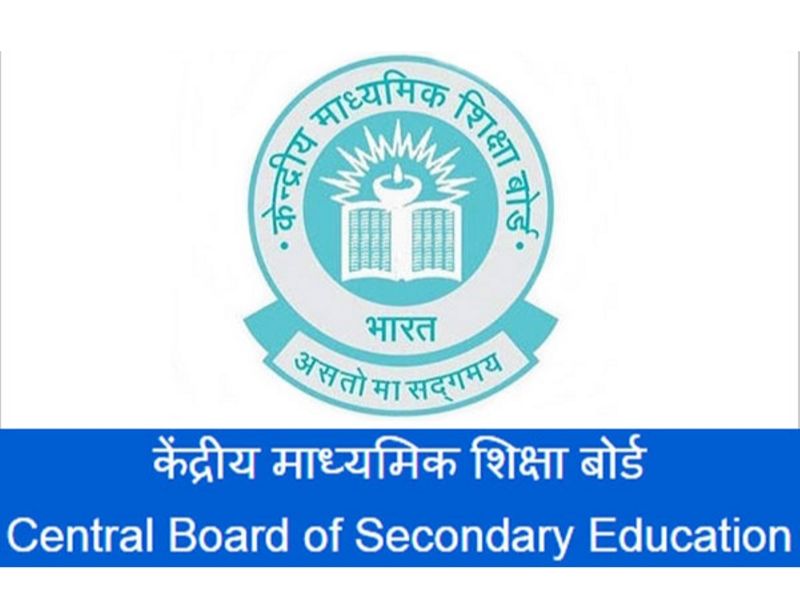With the water crisis looming in India, the Central Board of Secondary Education (CBSE) has mandated schools to become ‘water-efficient’ within the next three years by adopting a policy of water management and conducting regular water audits.
A recent report by NITI Aayog raised an alarm that 21 cities in India including Delhi, Bengaluru, Chennai and Hyderabad, will run out of groundwater by 2020, affecting around 100 million people.
According to water conservation guidelines framed by the board for its affiliated schools, the schools will be required to replace old fixtures and appliances with water-efficient models, install automatic taps with sensors and double flush tanks on priority, ensuring regular check-ups for leakages and their prompt fixing.
“Becoming a water efficient school is hardly a choice anymore. Therefore, it will now be mandatory for all affiliated schools to achieve the goal of becoming a water efficient school within the next three years. The hallmark of a water-efficient school would not only be reflected in infrastructure but also majorly in the manner of use of water by school stakeholders and their sensitivity towards water conservation,” a senior CBSE official said.
“While schools use tremendous amount of water every day and require water for drinking purposes, rest rooms, canteens, laboratories, outdoor for playing fields, lawns and gardens; it must be understood that conserving water helps to reduce a school’s carbon footprint,” the official added.
Defining being a water-efficient school as an “institutional responsibility”, the CBSE has asked schools to constitute “school water management committee” that may include administrators, teachers, students, non-teaching staff, parents and even few members from the community.
“The committee would be responsible for efficient use of water in the school, periodic reviews and monitoring water usage to check for wastage and inefficiency and adoption of water conservation measures.”
“The schools will also be required to conduct water audits which will help to set benchmarks and prepare a water efficiency plan, identify infrastructure improvements and better irrigation practices for green spaces in the school besides monitoring habits, practices and processes of school personnel’s water usage,” the official explained.
Installing rainwater harvesting structures, planting native and drought-tolerant plants and replacing old fixtures, are among suggestions made about adoption of a policy of water management.
The board has also recommended increasing water literacy among students, expanding current teaching on water topics and organising water conservation education workshops besides student visits to the water treatment plant.
Source: PTI
Posted in National, News























